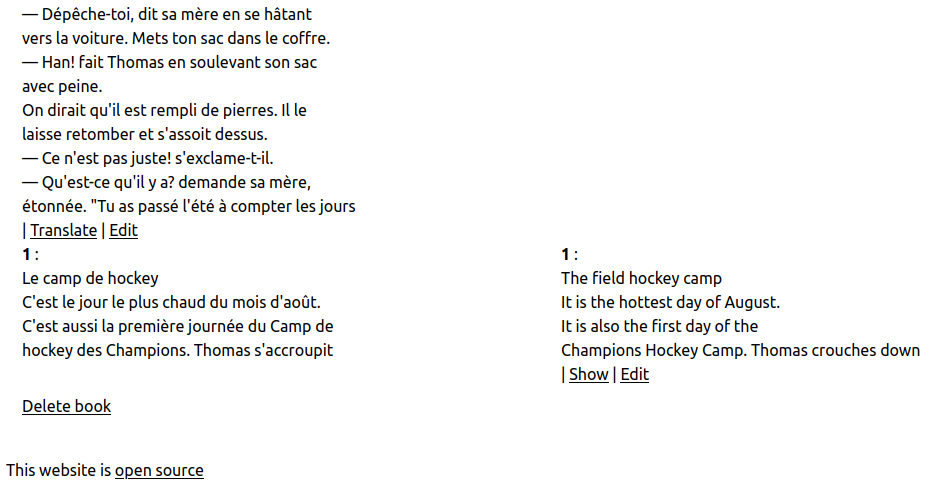It’s that time of the year again when the measurements of covid positivity and wastewater have fallen to a minimum and resentment toward symbols of public health are amplified.
As mentioned back in February, the career of one of the greatest hockey players of all time was curtailed for a 34 year old by long covid. According to Patients Diagnosed with Post-COVID Conditions, the 36 to 50 age group is the age group most likely to be diagnosed with long covid.
Despite being on the favorable side of the graph right now, whenever I’m uncertain about air ventilation, I am still wearing a mask. For me, it’s always the locker room. When we’re near the maximum point of the graphs, I generally dress outside the locker room.
If you’re on the fediverse, please consider following Eric Topol. In his article The Brain and Long Covid, he references The Hamburg Study which seems particularly insightful. The participants were unvaccinated and long covid was not a criteria for selection. It was simply 223 people with mild to moderate covid against 223 controls with no evidence of covid. He notes
The MRI inflammatory marker abnormalities were so pronounced that machine learning could accurately differentiate which scans were from the Covid patients vs the control group
Despite the MRI scans being taken 10 months after the fact, it was still possible to determine who had been infected even for mild cases.
I’m hopeful that we will make real progress in long covid research but until then, the current rules to the game seem unfavorable without sensible mitigations.
